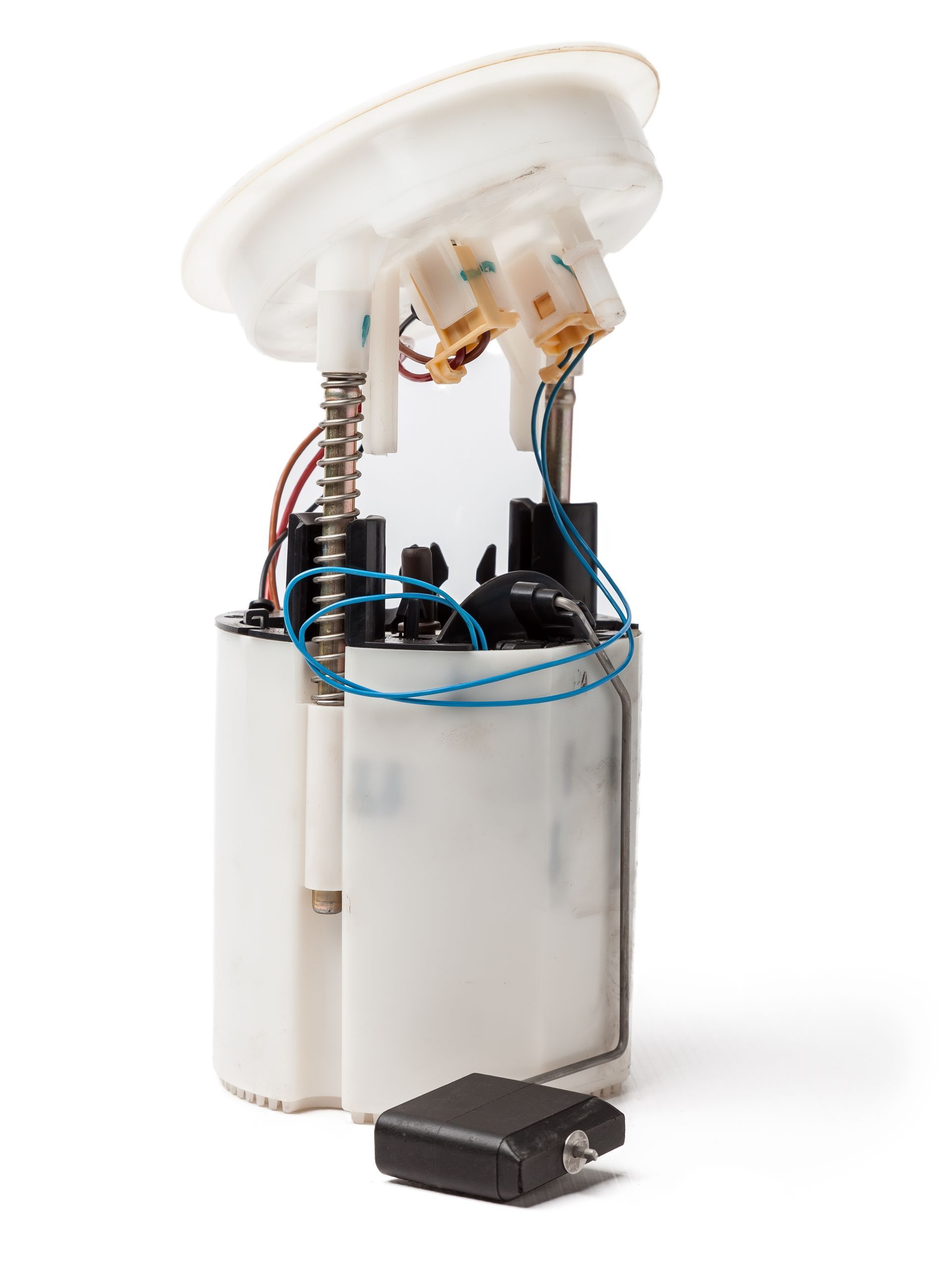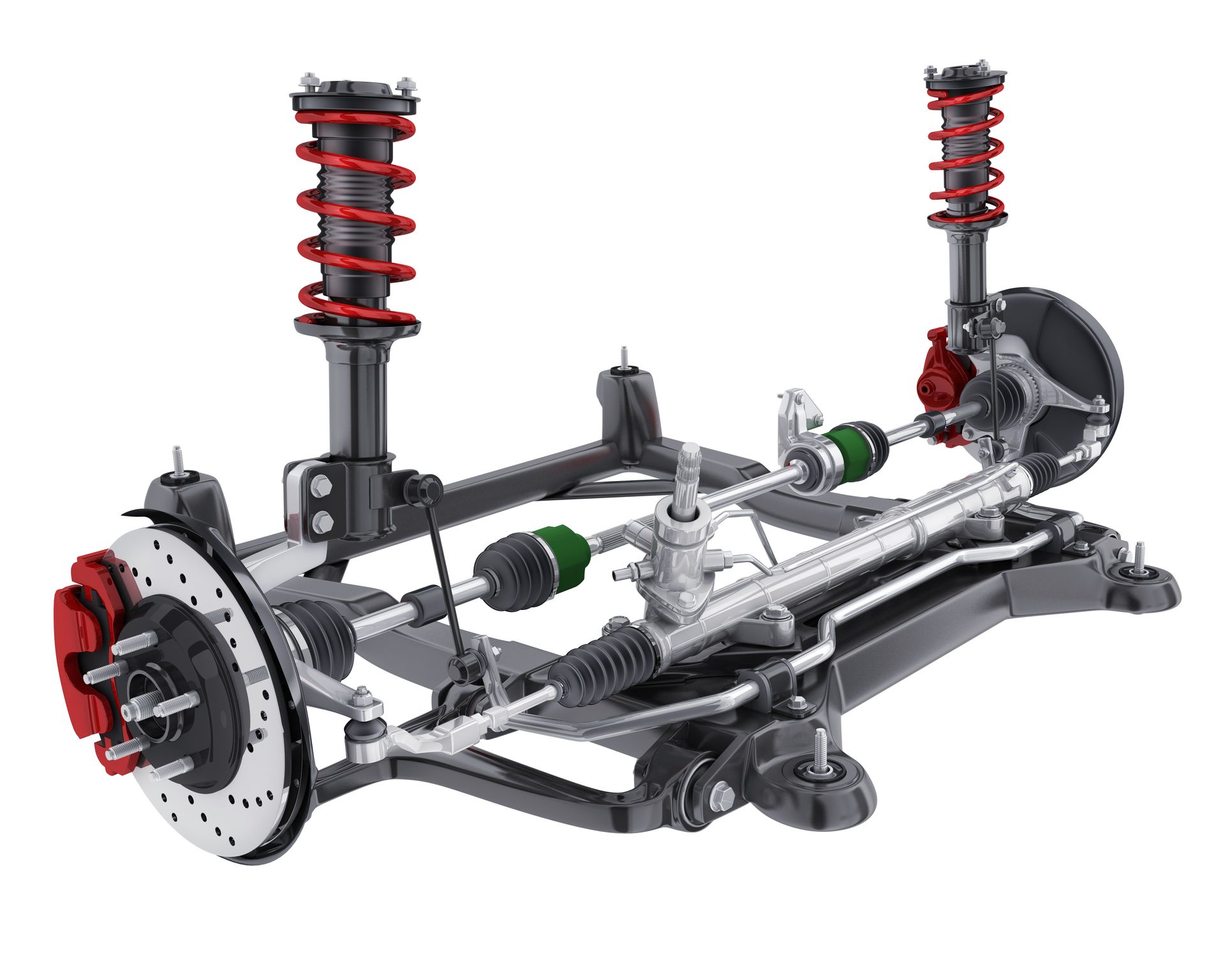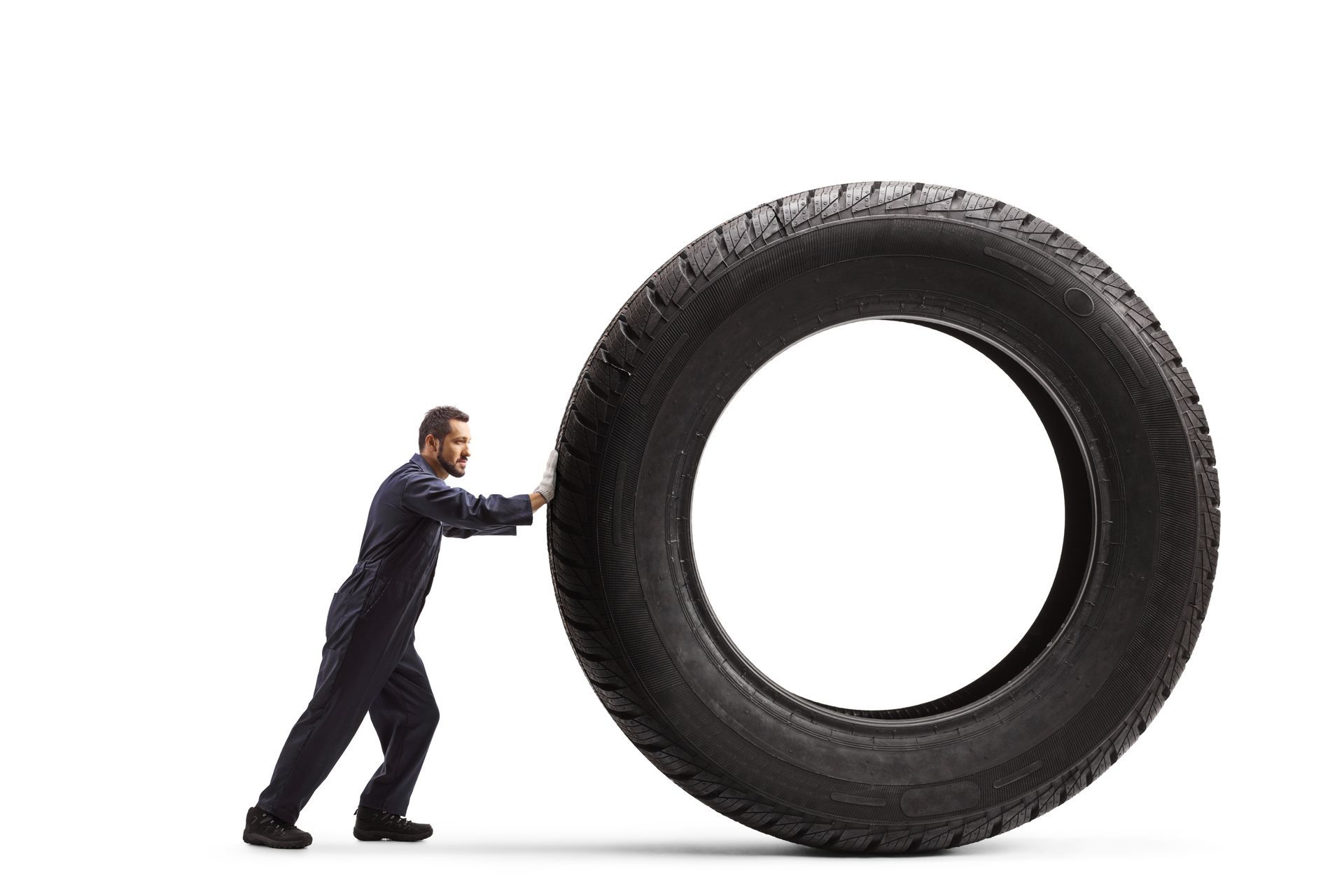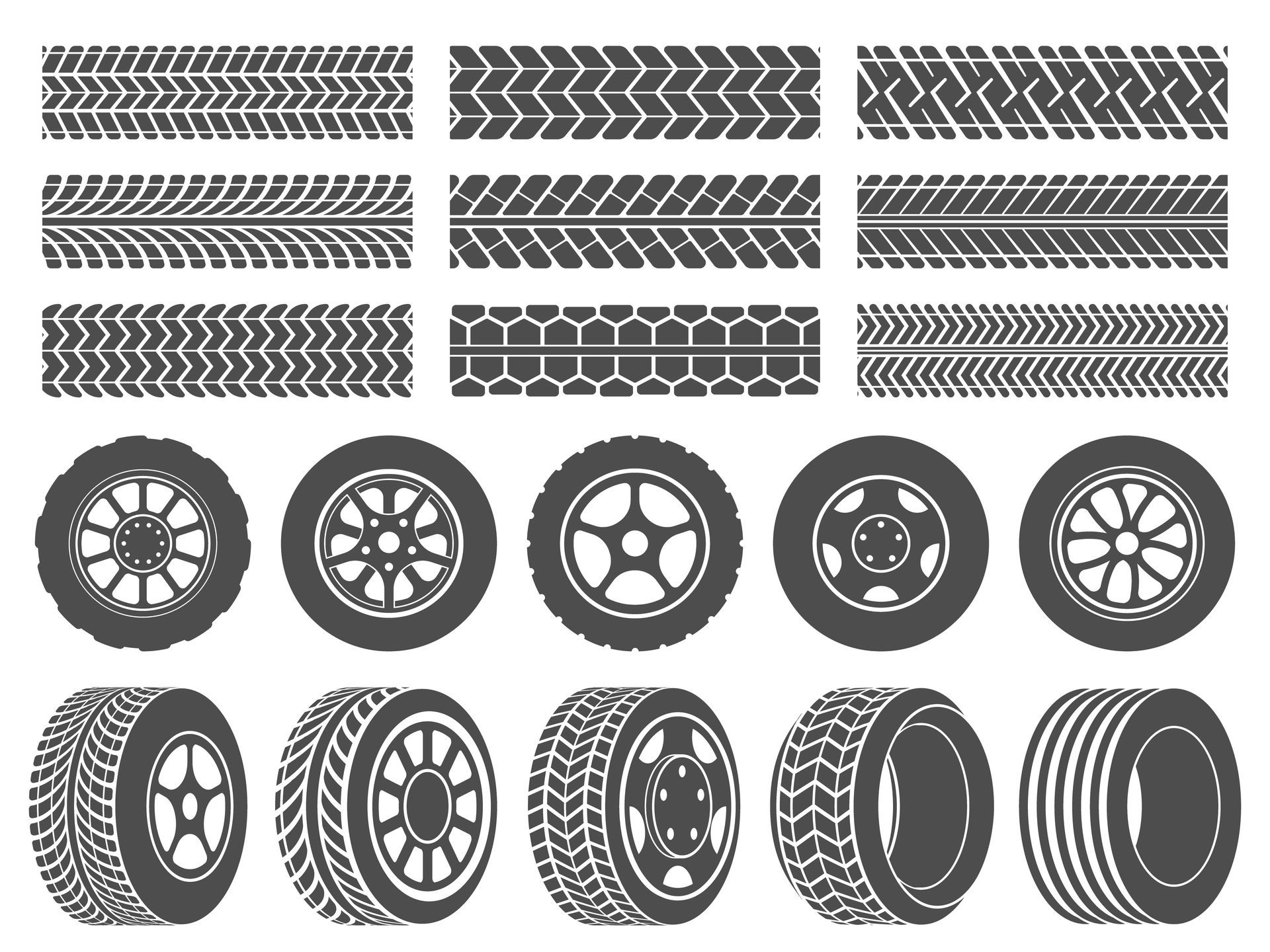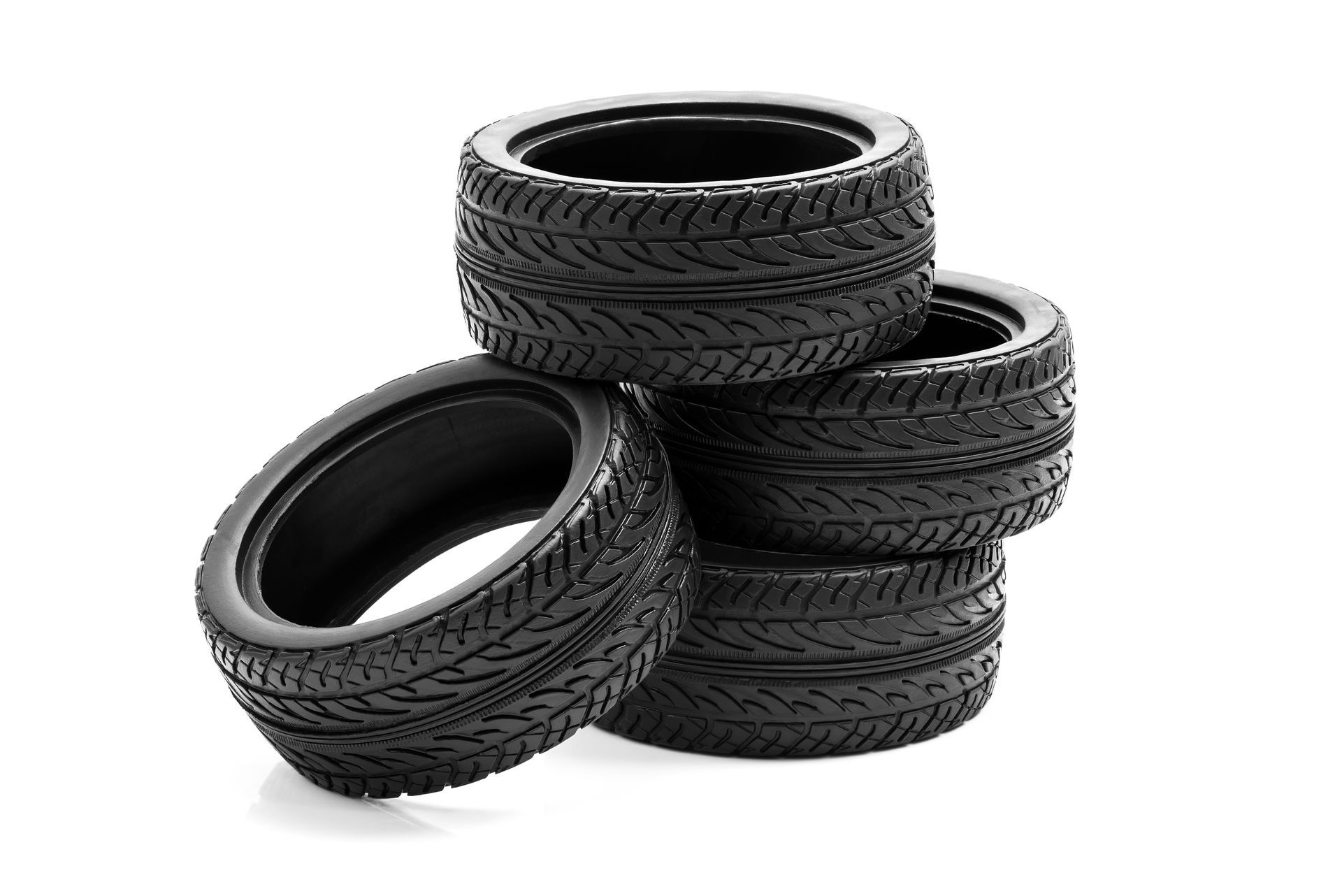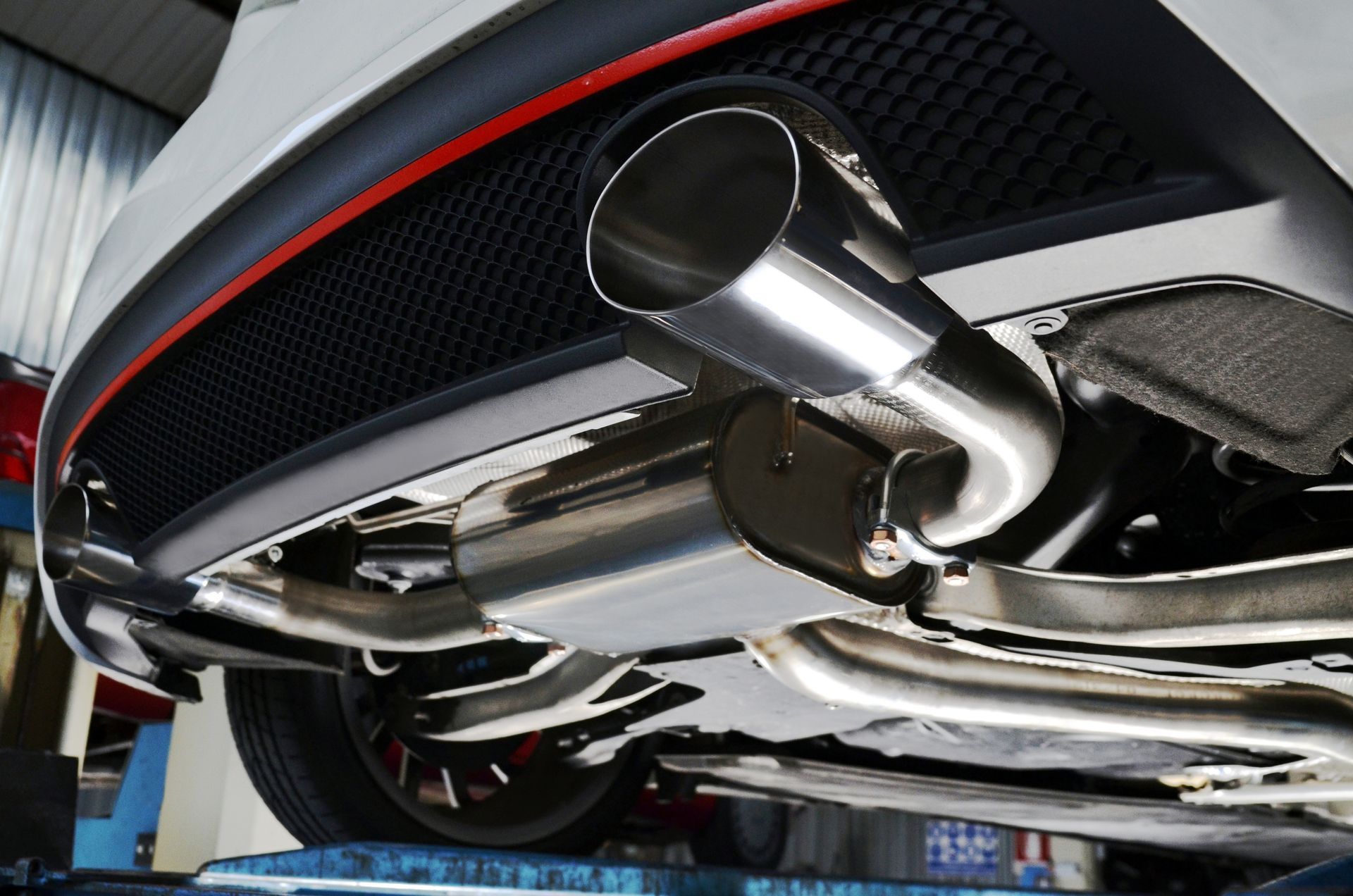Have you ever popped your vehicle's hood and wondered about the mysterious world of oil filters? Well, you're in luck because today, we're diving deep into the realm of oil filters. Are there different types of oil filters?
Standard Oil Filter
Let's start with the basics. The standard oil filter is what you'll typically find in most vehicles. It's designed to trap contaminants and debris, preventing them from circulating through your engine and causing damage. These filters usually consist of cellulose, synthetic, or a blend of both materials, offering varying levels of filtration efficiency.
Spin-On Oil Filter
Next up, we have the spin-on oil filter, a popular choice among DIY enthusiasts and professional mechanics alike. As the name suggests, these filters are screwed onto a housing connected to the engine block. They're known for their convenience and ease of installation, making them a go-to option for many drivers.
Cartridge Oil Filter
Now, let's talk about cartridge oil filters. Unlike spin-on filters, cartridge filters require you to replace only the filter element, rather than the entire housing. This can be a cost-effective and environmentally friendly option in the long run, as you're only disposing of the filter element itself, reducing waste.
High-Performance Oil Filters
High-performance oil filters may be the way to go for those seeking maximum engine protection. These filters are engineered with advanced materials and technology to provide superior filtration and durability. While they may come with a higher price tag, the added peace of mind and potential performance benefits can be well worth it for enthusiasts and performance-minded drivers.
Specialty Oil Filters
In addition to the standard options mentioned above, there are also specialty oil filters designed for specific applications. Whether you drive a high-mileage vehicle, tow heavy loads, or participate in motorsports, there's likely a specialty filter tailored to your needs. These filters may feature enhanced filtration capabilities, anti-drainback valves, or other specialized components to meet the demands of your driving habits.
What Determines the Oil Filter That I Should Use?
Choosing the right oil filter for your vehicle depends on several factors, including:
Vehicle Specifications
Refer to your vehicle's owner's manual for manufacturer-recommended oil filter specifications.
Driving Conditions
Consider your typical driving conditions and the demands placed on your vehicle's engine. For instance, if you frequently tow heavy loads or drive in stop-and-go traffic, a high-efficiency oil filter may be beneficial.
Budget and Preferences
Evaluate your budget and preferences regarding convenience and environmental impact. While synthetic or high-efficiency filters may come at a higher price point, they offer superior performance and longevity.
Questions and Answers:
Are all oil filters compatible with my vehicle?
Don't clean oil filters as it can damage the engine. They are designed for single use to trap contaminants.
Can I reuse an oil filter after cleaning it?
While it may be possible to clean certain types of oil filters, it's generally not recommended.
How often should I change my oil filter?
As per manufacturer's recommendations, replace the oil filter whenever you change your engine oil, every 3,000 to 5,000 miles for conventional oil or every 5,000 to 10,000 miles for synthetic oil.
Have trouble picking an oil filter that needs a change ASAP? Contact
Reeves Tire & Automotive, and we will be glad to help out!

